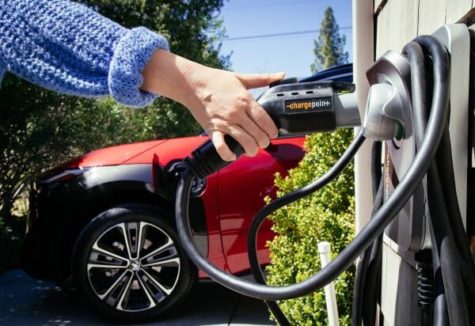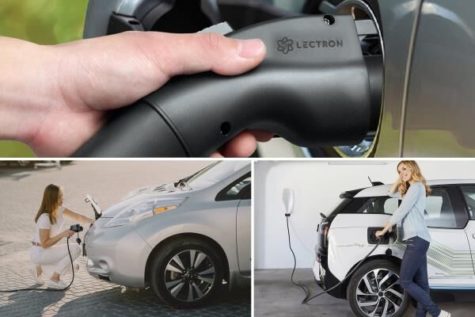Volvo Signs Climate Pledge, Announces Carbon Pricing
Volvo Cars joined auto industry and government leaders to sign a zero-emission road transport declaration at the 2021 U.N. climate change conference (COP26). The automaker also announced the introduction of an internal carbon price as it aims to become a climate-neutral company by 2040. (Volvo)
November 10, 2021
During the waning days of the 2021 United Nations Climate Change Conference (COP26), six major automakers signed a non-binding pledge to decrease the sales of vehicles powered by fossil fuels in primary markets by 2035 and worldwide by 2040. The six automakers, including Ford, GM, Mercedes-Benz, and Volvo, represent about 25 percent of global automotive sales. They were joined by the governments of 30 countries, not including the United States, China, and Japan. Notably, the agreement included the state governments of California and Washington.
The climate summit highlighted the importance of governments working together with the private sector to transition practices to phase out non-renewable, emissions-spewing resources like fossil fuels. While most of the six automakers have already shared their ambitions to go all-electric in the coming years, the pledge represents a unified front in decreasing transportation-related emissions to help combat climate change.
For Volvo, the pledge is just a reinforcement of its commitment to becoming a climate-neutral company by 2040. The automaker is on record saying that by 2025, half of its sales will be electric cars and that the entire fleet will be electric by 2030. Raising the stakes even higher, Volvo also announced during the event an internal carbon price of 1,000 Swedish Kronor—about $115 U.S. dollars at today’s exchange rate—for every ton of carbon emissions produced across its entire business.
Carbon pricing approximates the external costs of greenhouse gas emissions, such as the projected damage from rising seas or extreme weather; this financial penalty incentivizes companies to change their business practices to lower carbon emissions.
Volvo’s self-imposed internal carbon price is about double what the European Union has pledged. The automaker’s rationale for doing so is that it hopes to chart a more rigorous path toward finding solutions to future car projects that will be carbon neutral and that these projects will still be profitable, even if government-mandated carbon pricing should rise in the coming years.
A Volvo official stated: “We strongly believe progressive companies should take the lead by setting an internal carbon price. By evaluating future cars on their CO2-adjusted profitability, we expect to accelerate actions that will help us identify and reduce carbon emissions already today.”

























































































































































